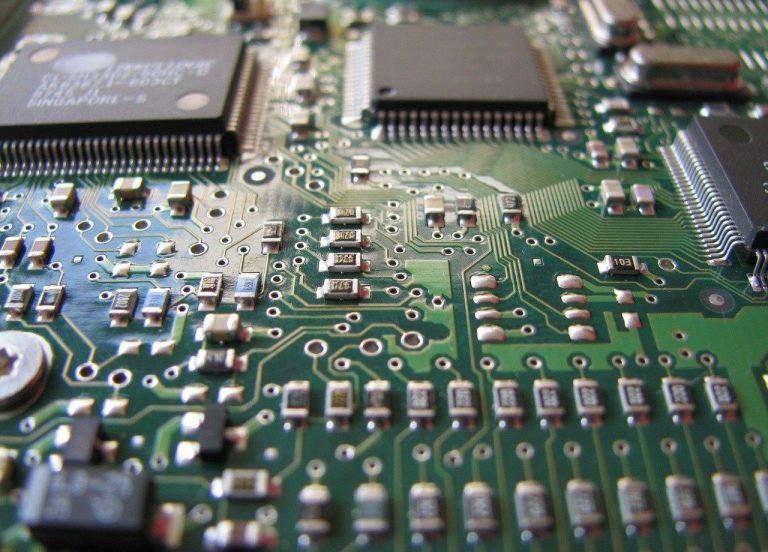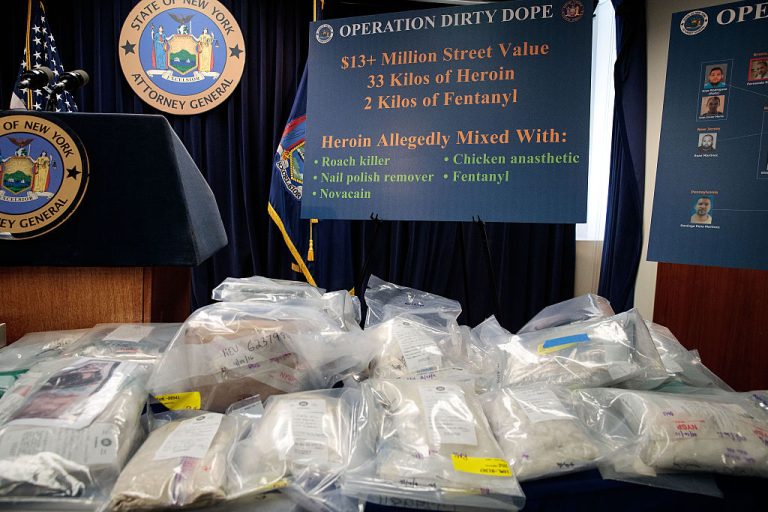A paper published in November by the U.S. Army War College has been gaining a lot of attention to the extent that it has become the most downloaded paper from the institution in 2021. The paper, “Broken Nest: Deterring China from Invading Taiwan,” is written by Jared McKinney and Peter Harris.
It proposes that in the event of an invasion of Taiwan by Beijing, the island should self-sabotage the facilities of Taiwan Semiconductor Manufacturing Co. (TSMC) and other major semiconductor companies.
Adopting such a policy will ensure that an attack on Taiwan would make no sense for Beijing. The research paper notes that although Beijing has been striving relentlessly for a legitimate “China label” in the chip industry, just around six percent of semiconductors used in China in 2020 were made in the country.
TSMC is China’s most prolific supplier and the biggest player in the global chipmaker industry. Its customers include NVIDIA and AMD who are major names among AI powerhouse chip designers. The company has started constructing a semiconductor fabrication unit in Arizona.
The paper elaborated that if TSMC and other major semiconductor companies in Taiwan were destroyed as per the “Scorched Earth” strategy, then South Korea-based tech giant Samsung would be the only option left for China to acquire cutting-edge designs.
Success
You are now signed up for our newsletter
Success
Check your email to complete sign up
One of the authors of the paper noted that “if TSMC went offline, China’s high-tech industries would be immobilized at precisely the same time the nation was embroiled in a massive war effort.” Even if the actual war was stopped, the economic damage to China would set it back by at least five to six years. And this will put the legitimacy of the Chinese Communist Party at risk.
The paper emphasized that the efficiency of such a threat is largely dependent on making it highly credible. The authors stated that “China must absolutely believe Taiwan’s semiconductor industry would be destroyed in the event of an invasion.”
An automatic mechanism could be designed, which could be triggered once an invasion was confirmed. In addition, Taiwan’s leaders could make it known now they will not allow these industries to fall into the hands of an adversary.
One of the authors, Jared M. McKinney, is a chair at the Department of Strategy and Security Studies at the eSchool of Graduate Professional Military Education. The second author, Dr. Peter Harris is an associate professor at Colorado State University. Academics have expressed their skepticism towards the “Scorched Earth” strategy put forward by McKinney and Harris.
“It is unclear to what extent Chinese officials might actually tolerate such an economically weakened Taiwan. If Chinese officials have attached an inflated symbolic value to unification as their statements may suggest, one buttressed by decades of rhetoric on the necessity of unification and public support for it, such economic costs may be viewed as acceptable short-term costs,” Timothy S Rich, an associate professor of political science at Western Kentucky University, told Asia Financial.
The authors did admit in a follow-up article that their proposed threats would not necessarily be enough to deter China from a planned invasion of Taiwan if Beijing was determined to stay its course. However, the strategy could convince Beijing’s leadership that there would not be any positive outcome from attacking Taiwan if the threats were put together in a “comprehensive package.”














